-
1991-12-29 Neville Looking to Australia from Venice Beach
-
1991-12-31 Ruth at Koinonia Apartment, Fuller TS
-
1992-01-15 Ruth, Banchard Hall, Wheaton College
-
1992-01-18 MLK Birthday Holiday
-
1992-01-26 Glory Memorial
-
1992-01-26 JFK Library and Museum, Neville, Shot B
-
1992-01-28 Neville, Union Theological Seminary
-
1992-01-28 Riverside Church
-
1992-01-28 Ruth, St John the Divine
-
1992-01-29 End of a Wonderful Day in New York
-
1992-01-30 Rockefeller Center
-
2009. Neville on His Return to Brisbane From Melbourne, Australia
-
2017, December. Neville on the Gold Coast, Australia
-
2018-06-06 MBH Presentation to the RGSQ Map Group
-
2018-08-30 Neville at the 2018 PHA Conference
-
2018-10-30 Dr Neville Buch with Fryer Manager, Simon Farley, at the Geopoetry Talk, UQ
Dear American friends,
I am leaving Brisbane, Queensland, Australia, tonight, for a country I have critically admired my whole life. It is the second trip, the last in 30 years (1991-1992).
An intelligent conversation, the last few days, has indicated to me that I need to clarify where I am coming from as an American-Australian relational scholar. My concern is national and cultural bubble of cognition, and the question I wrestle with is the wilfulness. And I here I admit to my own national and cultural bubble of cognition. Perhaps, we can all help each other in understanding.
What I am saying is that Europeans, others in the world, AND liberal-thinking Americans, can identify an American bubble of stupidity and ignorance. That is admittedly harsh and is no doubt shaped in different national and cultural bubbles of cognition.
What is being signalling in such global comments is the question of the stupidity on the face of it. In many cases it appears to be wilful. It is made by persons who do know better; they are familiar with the literature of ‘American modernism’. The ignorance is that those comments (again, the bubbled pointed references, but globally made) on the face of it are made by persons who do not know better; the problem of American under-education on world affairs. However, I am not saying it is only a problem of the Americans. All national cultures suffer in the same way.
The reason why the United States is single-out is because of our global understanding of American modernism, and also in the understanding of Americans (educated). American modernism was the ideological structure of the 20th century in the rise of the United States as the global superpower – like Rome in the ancient world. It laid out the alleged superiority of American culture perceived in the national mythology. Like Rome in the ancient world, once the world hegemony reaches a maximum point, there is a decline. The cultural standing of the United States has been declining since 1989, although it was always challenged by other national cultures before 1989 and the United States still enjoys some strength in the global standing in the last two decades of this century. The liberal Americans are globally correct. The United States needs to re-conceive itself in the 21st century.
I hope this central message of my broader work in Australian-American relations is clarified for you, and we have the opportunity to dialogue further to aid our better understanding of each other as cultured human beings.
Kind regards,
Neville.
Image: Neville’s Life as Australian-American relational scholar
Neville Buch
Latest posts by Neville Buch (see all)
- Dear grossly, ethically, corrupted - December 21, 2024
- Thoughts with a Professional History colleague on “Artificial Intelligence” - December 21, 2024
- Stephanie M. Lee on “AI by omission”, The Chronicle of Higher Education, Thursday, December 19, 2024 - December 20, 2024

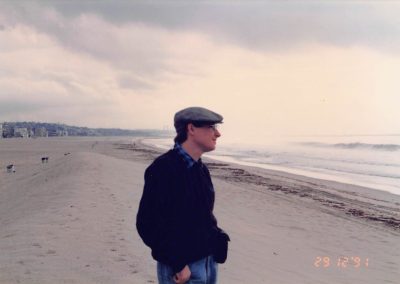
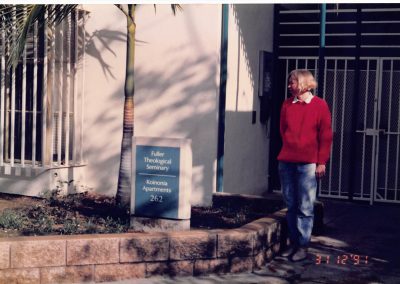
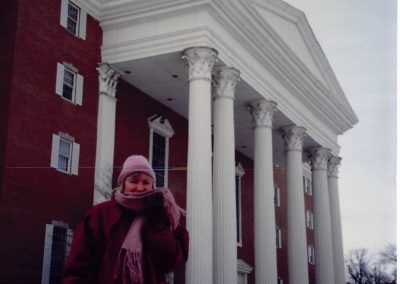






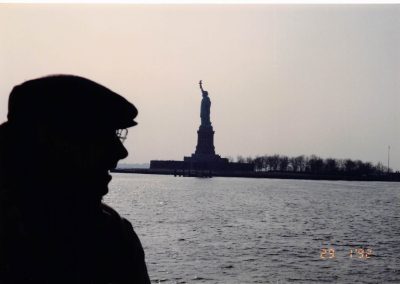

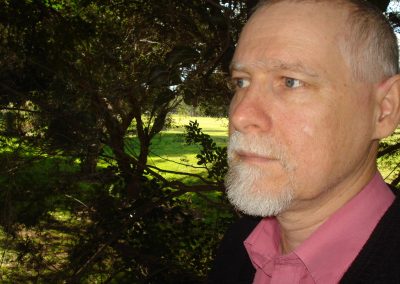

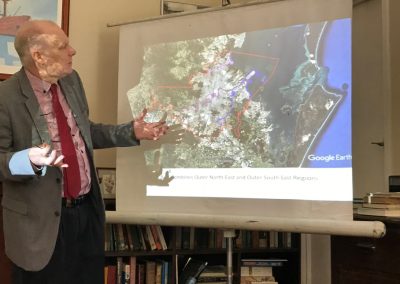
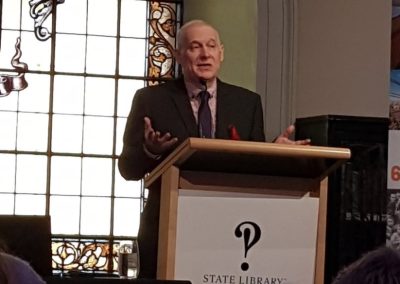

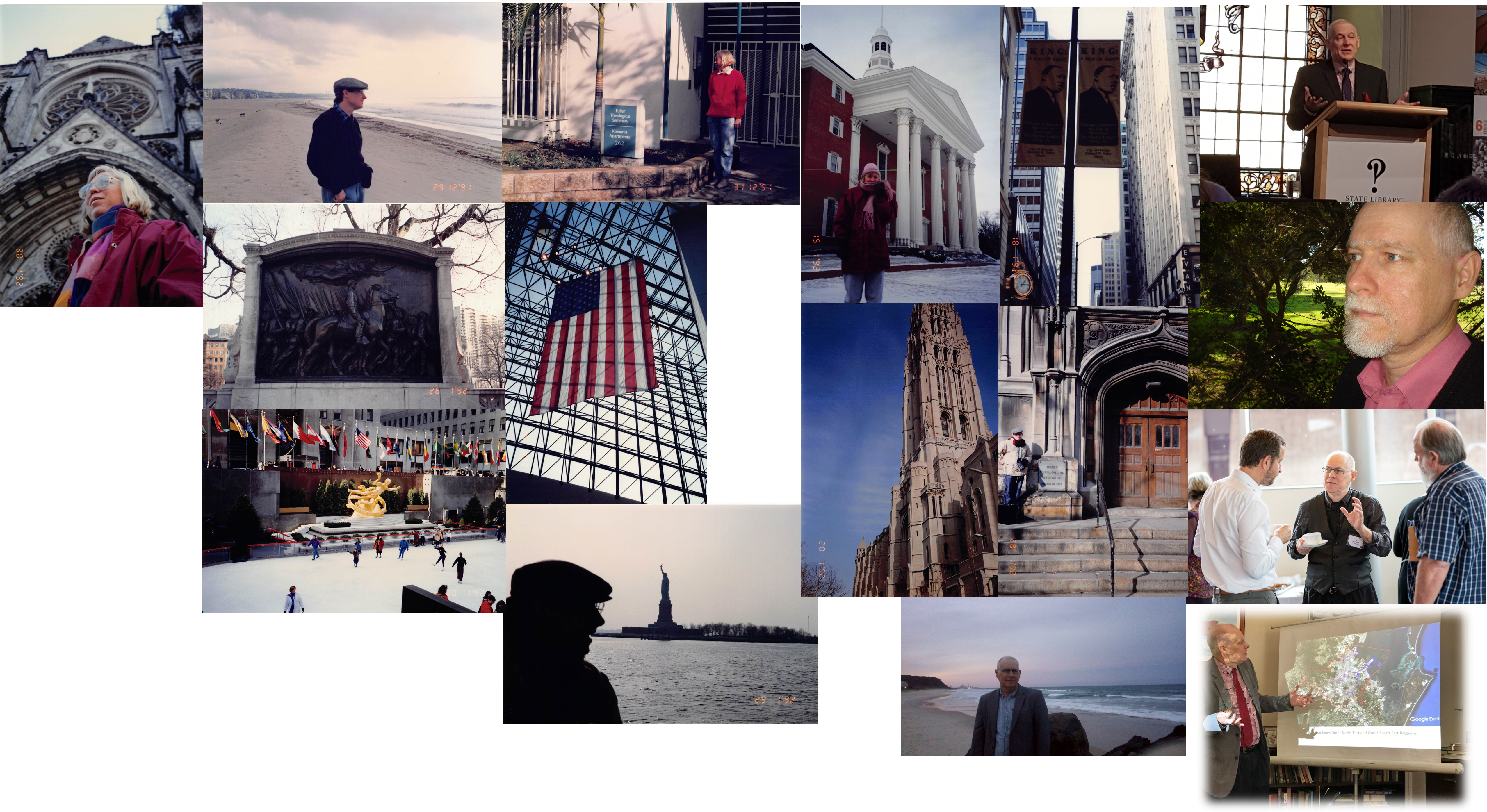
Farewell
Hope to meet if and when you return